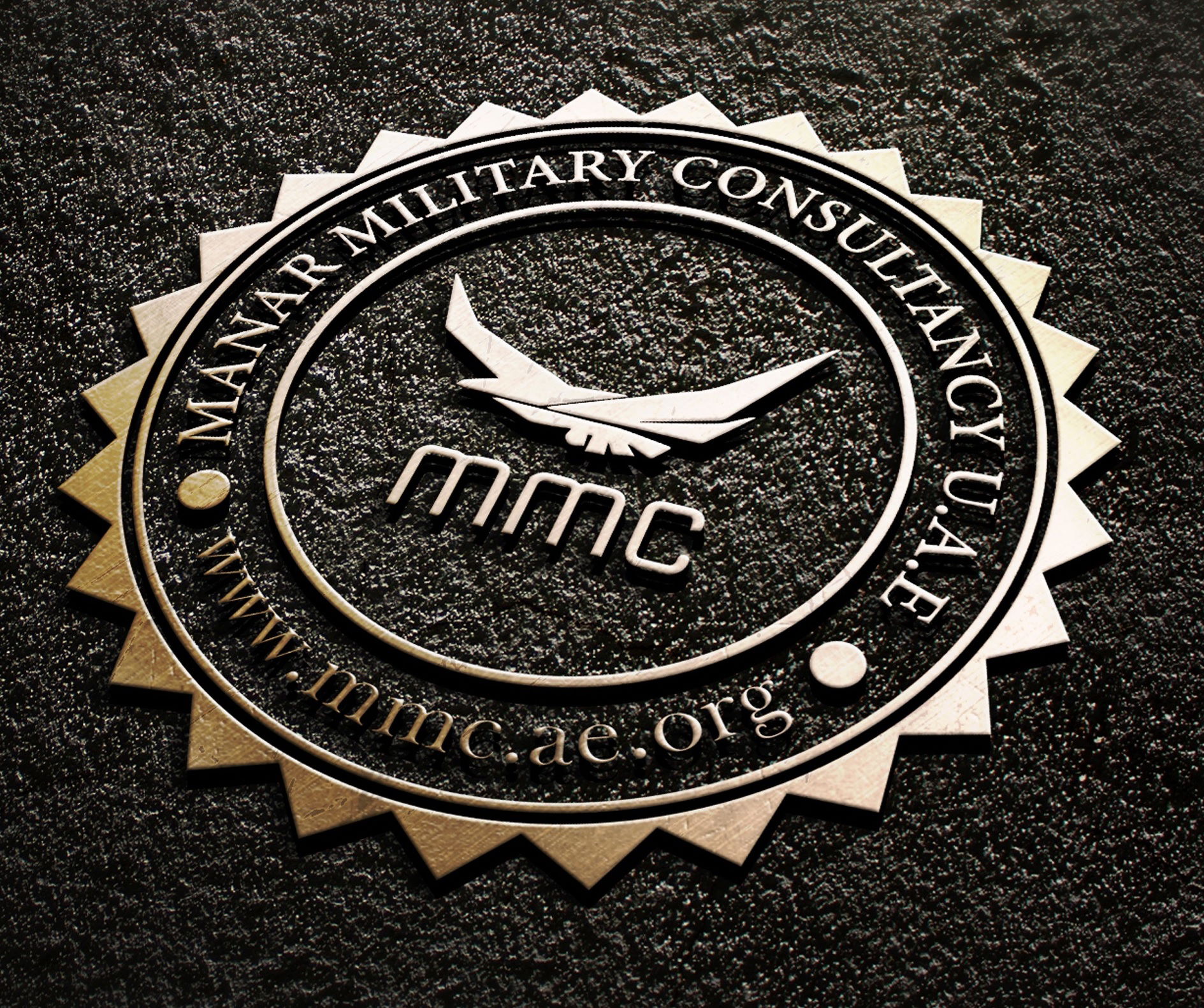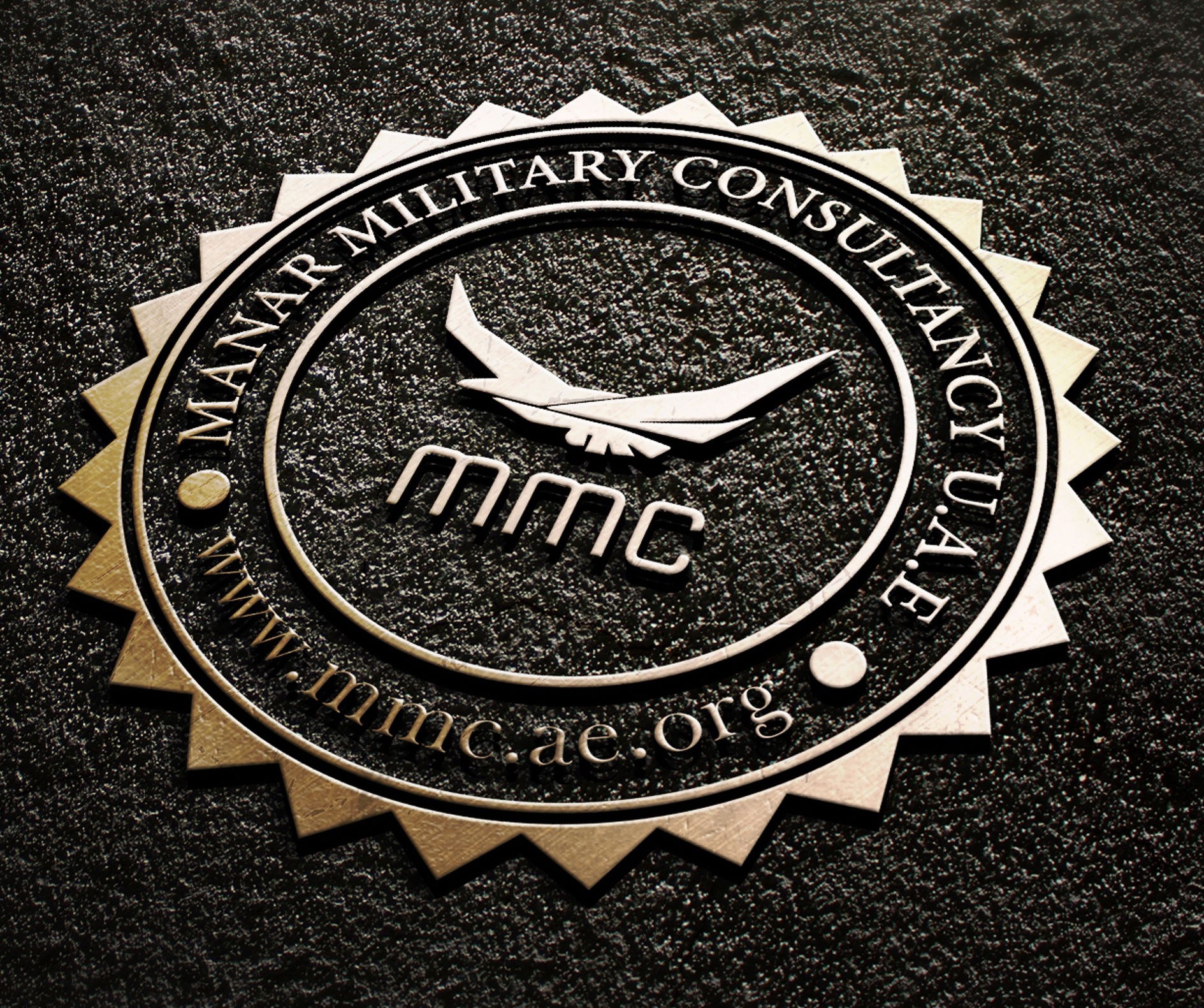The 2019 UAE’s offset Tawazun Guidelines—7 things you should know.

One of the biggest challenges foreign Defense Contractors (DC’s) face when conducting business in the UAE is inadequate understanding of Tawazun guidelines.
Many DC’s struggle with understanding and complying with the complex offset obligations required by the UAE Government, and as a result, fail to get their project(s) approved.
This article aims to assist DC’s by highlighting the key changes introduced in the 2019 revised version of the policy guidelines for the Tawazun Economic Program.
For assistance regarding other aspects of the Offset process (strategic planning, offset sourcing, signing TEP agreement, signing term sheet, securing bank guarantees, project management, etc), Manar Military Consultancy offers reliable & comprehensive services to international Defense contractors.
To learn more, simply send us a message or visit our website: https://www.mmc.ae.org/

Overview
First established in 1992, the Tawazun Economic Council was formed to implement the guidelines detailed in the Tawazun Economic Program (TEP) The goal of the TEP back then was to further economic diversification in the UAE by inducing investments in sectors like non-military and non-hydrocarbon. This narrow focus has long since been abandoned. While the Tawazun guidelines still focus on Security and Defense, there is also emphasis on projects in other strategic industries. Moreover, the revised guidelines have also made the offset project process easier & increased the number of ways DC’s can commercially interact with local businesses
1- Focus beyond Defense Sector: While a core focus of the TEP will still be the development of the Defense and Security industry, the new guidelines will also consider broader types of projects (provided they meet UAE’s strategic needs)
Other major changes in the Tawazun guidelines are detailed below:
Projects in the following sectors are emphasized:
- Aerospace
- Communication technology
- Infrastructure & Transportation
- Sustainability
- Environment & Climate Change
- Food and Water scarcity
- Education Technology
Another area of focus for TEP is the integration of technologies. Projects heavily involved with dual-use or standalone technologies are usually given preference. These include projects involved with:
- Artificial intelligence
- Blockchain technology
- Additive manufacturing
- Virtual and augmented reality
- Quantum computing & encryption
2- Expanded Project Categories and Flexible Project Types: Project categories available to Defense contractors for generating offset credit have also increased.
The new guidelines have restructured them in the following way:
- Investments: Within this category, DC’s have two options for how they want to run the projects :
- Traditional equity Joint venture with local partner(s)
- Partnership without equity( in cases where there is technology co-development)
- Contractual Engagement: Within this category, DC’s are required to sign a work package contract with a local UAE supplier or manufacturer to:
- Manufacture and export products to and from UAE, or
- Create opportunities to supply for the local industry
Most projects considered in this category are usually export work packages (where the focus is on enabling local suppliers with export opportunities) & local content-import substitution (where the focus is on localizing supply-chain by awarding work packages to local suppliers directly)
- Capability Development: To perform a project within this category, DC’s are required to share technology, knowledge, and/or capabilities with UAE nationals. Types of projects include:
- Technology transfer (this includes intellectual property/training, process know-how & development programs)
- Internships or Job placements opportunities for UAE graduates to work in international locations with DC’s
3- Credit Parameters: The new guidelines also present nine different ways, DC’s can generate offset Credits. These include the following:
- Contribution in equity-cash
- Contribution in assets-tangible
- Contribution in assets-intangible
- Net income
- Salaries to UAE nationals
- Contract Value
- Value of training & development
- Export revenue
- Value of IP generated
4- Expanded Bonus Multiplier scheme: Each of the nine Credit Parameters mentioned above is designated a multiplier rank ranging from 0.5 to 2.
The range is determined based on how beneficial the impact of the parameter is to UAE.
Also covered in the new guidelines are discretionary bonus multipliers which are awarded based on the following factors:
- Value Chain Focus: If the focus of the project is Manufacture and/or Development of capabilities related to high-end processes of the value chain. (think systems design, or integration & testing, etc)
- Local content: If the products manufactured are certified to have been made in UAE as per the prevailing guidelines of the Ministry of Economy
- UAE nationals in high skilled positions: These include salaried positions for UAE nationals employed in engineering, management of leadership roles
5- Simplified bank procedure: While the bank guarantee TEP requires is still 8.5% of the offset obligation, the new guidelines state that there is provision for getting pro-rata portion of the bank guarantee released-provided offset credits is requested
6- Credit Banking & pre-offsets permitted: The new guideline also has a provision in place for banking surplus offset credits.
If a DC generates more offset credits than required, they have a choice to either save it for up to 5 years or trade it to another DC. (Trading does require prior consent from TEP and may incur transaction charge)
7- Removal of Input & Output Ratios for Offset Credits: The previous TEP Offset Guidelines limited the amount of Offset-credit that could be generated by input and output activities. (Input credit could not exceed 30% and output credit needed to be at least 70%).
These limitations are no longer necessary according to the new guidelines. This is done to encourage DC’s to consider large scale projects with substantial input requirements
Conclusion
While the New TAWAZUN guidelines are more value-focused and have broadened the sectors of the economy into which contractors can invest—they still come with stringent rules and regulations. Procurement requirements may also be withheld or changed with minimum notice. Additionally, negotiations and requirements can be quite challenging for Defense tenders. A prudent approach would be to involve a reliable consultancy firm that is well-versed in local law and can help manage the various offset obligations (especially those detailed in TAWAZUN ECONOMIC PROGRAM)
Here is how Manar Military Consultancy can help you with TAWAZUN challenges:
- Create Offset Idea Validation Process
- Lead capture of reliable Local Partners
- Create comprehensive Business Plan
- Work with our in-house legal team to support Offset Term Sheet
- Support Offset Project Execution & Defense Contractors performance
- Create offset project Approval and/or Rejection Timeline
- Create an official report using APPROVED Offset Project Templates & Letters
- Leverage unique experience to make Offset recommendations
In addition, our senior-level expert consultants can also help you with indirect offset by proposing well-researched projects that are aligned with the strategic needs of UAE in the following select priority sectors:
- Aerospace
- Communication technology
- Infrastructure & Transportation
- Sustainability
- Environment & Climate Change
- Food and Water scarcity
- Education Technology
To learn more about these opportunities or UAE Offset programs, visit our website at: https://www.mmc.ae.org/


